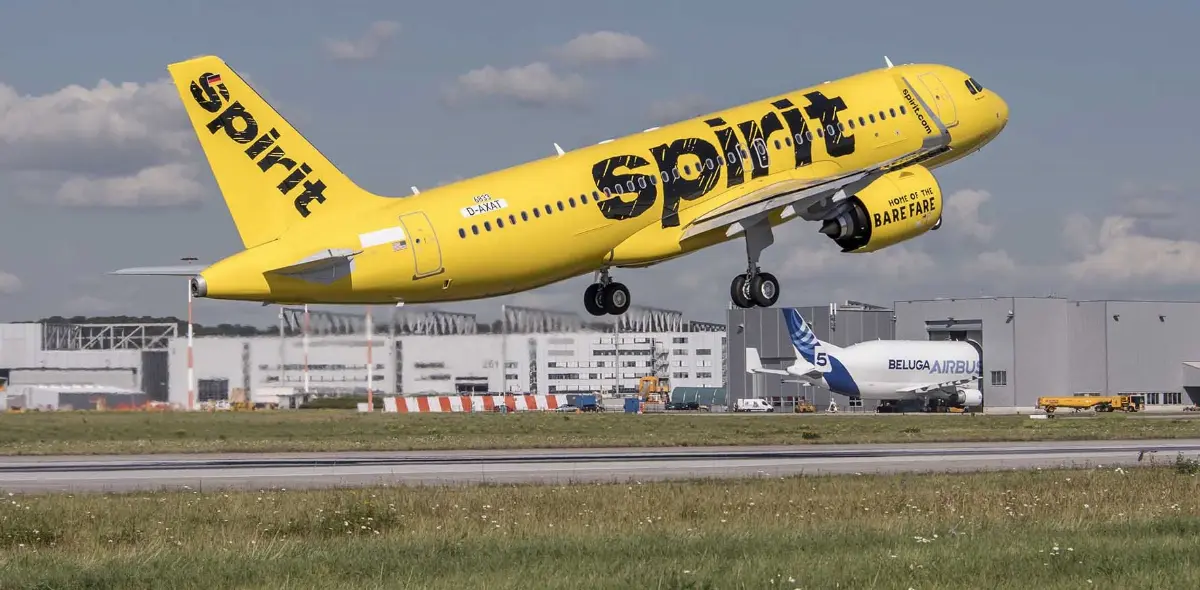
Spirit Airlines CEO Ted Christie resigns
The air company had just emerged from Chapter 11 corporate restructuring

Spirit Airlines CEO Ted Christie resigned April 7 from the air company and its board of directors, which is working to name a permanent replacement. Until a new CEO is named, the carrier is being led by a newly created office of Executive Vice President Fred Cromer, Executive Vice President and Chief Operating Officer John Bendoraitis, and Senior Vice President and General Counsel Thomas Canfield. Executive Vice President and Chief Commercial Officer Matt Klein also resigned. His role has been assumed with immediate effect by Rana Ghosh, who has served at the airline's top management since 2015 and as Senior Vice President and Chief Transformation Officer since June 2024.
Spirit Airlines Chairman Robert Milton thanked Ted Christie for guiding and holding the company in difficult times, such as during the pandemic and the corporate restructuring. In fact, the airline, a "pioneer" of ultra low-cost models (Ulcc), has recently found itself in serious difficulty and less than a month ago it exited the corporate restructuring process provided for by Chapter 11. This is the main bankruptcy provision of the United States Code. It provides for a reorganization procedure and not liquidation in order to restore the company. A plan for reducing indebtedness is proposed and it must be approved by a judge. Within three months the company must undergo corporate restructuring. In the meantime, the activities, which can continue under the control of a judge, are frozen, preventing anyone from attacking them.
This is the situation that Spirit Airlines had to face. After the pandemic, in fact, problems in making profits began and the company started to be pressured by debt, overcapacity in the leisure markets and consumer preferences for premium offerings. It also suffered two failed merger attempts that blocked its ability to innovate and evolve. In February 2022, in fact, Frontier Airlines had proposed to acquire the company in a deal worth 6.6 billion dollars, but in April of the same year competitor JetBlue Airways had offered a higher amound of money, putting an end to the first negotiation. However, the second deal did not come to fruition either because in 2024 the Department of Transportation stopped the operation to avoid an excessive reduction in airline competition.
Spirit Airlines then sought to boost its cash flow by selling off some of its fleet, delaying deliveries of new aircraft, reducing its workforce, and introducing new premium products to make the airline more competitive. However, after a dozen loss-making quarters, it entered Chapter 11 bankruptcy protection in November 2024. It was on its way out of bankruptcy protection by early 2025, but annual losses widened and the company’s costs increased; its annual loss in 2024 was $1.2 billion, double the previous year’s. Because of this, the company decided to deliver less value than it had in its restructuring plan, which it completed in March. Although Spirit Airlines was initially expected to maintain the same executive team, CEO Ted Christie and Executive Vice President Matt Klein resigned in April.
AVIONEWS - World Aeronautical Press Agency